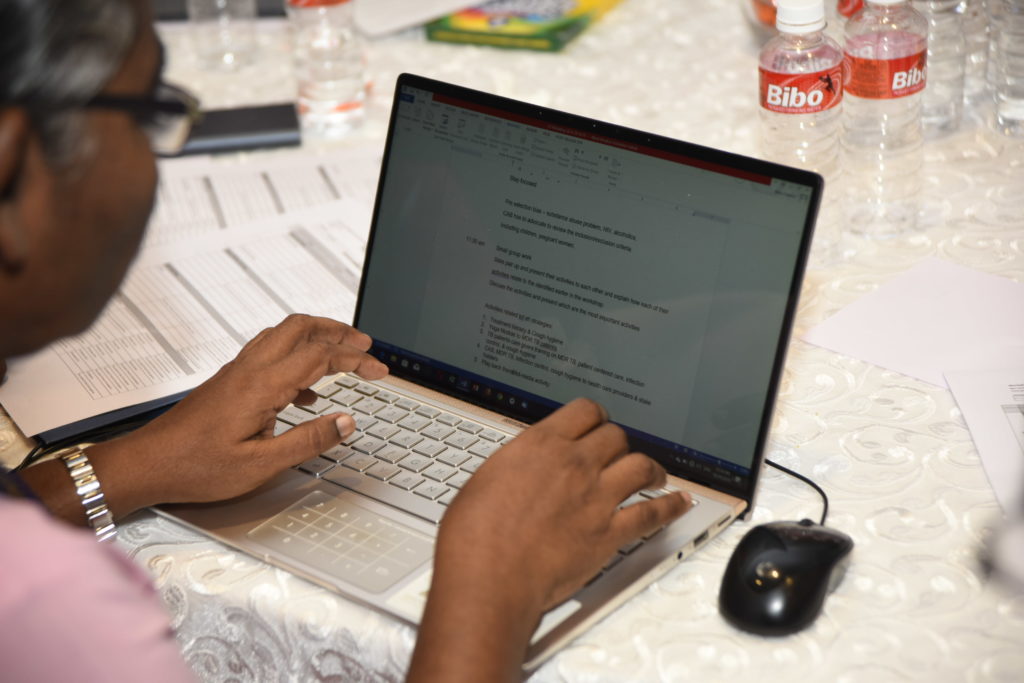In December 2019, STREAM Community Advisory Boards (CABs) from seven countries joined the fourth webinar in the STREAM All-CAB webinar series. Participants learned about the WHO guidelines development process, the function of WHO guidelines, and how national TB programs implement them into national programs/policies. Discussion also touched on effective strategies for meaningful community-participation in the guidelines-development process, both globally and nationally.
Dr. Matteo Zignol, Coordinator of the TB/HIV and community engagement Unit and Team Leader for the Research for TB Elimination team at the WHO Global TB Program, joined the webinar as a guest. He described the WHO’s guidelines-development process, emphasizing the close interplay between quality of evidence and strength of WHO recommendations. Matteo closed his session by emphasizing, “the highest quality evidence the WHO looks [for] is from randomized clinical trials … They are the number one approach for making new guideline recommendations, and results from clinical trials like STREAM help to ensure WHO recommendations … are as strong as possible.”

CAB members from each site spoke about the process for implementing new international guidelines in their countries, and preparing for that part of the webinar gave CABs the opportunity to formulate better strategies for influencing national guideline-making. Oxana Rucsineanu, CAB coordinator from Moldova, emphasized that community members are best-positioned to understand the need for, and impact of, proposed new guidelines on local communities, so it is essential that decision-makers take the community’s views into account. Ivan Kimuli, Community Liaison Officer in Uganda, emphasized that Uganda takes an inclusive approach to guidelines development, with the goal of ensuring all affected stakeholders, including community members and the affected population, have a voice in the process. In his view, this helps to ensure national TB guidelines are better suited to the local context.
Participants agreed that CAB members will need to continue improving their understanding of MDR-TB and guidelines development in order to make well-informed contributions to new policy decisions. Some sites also identified the need to ensure CABs and community members are integrated into the decision-making process. Many agreed that community involvement could learn a great deal from the HIV/AIDS experience, where decision-makers and communities work side by side on key decisions as partners. CAB participation in public consultations was also identified as an excellent opportunity for ensuring community input on new guidelines is considered – and CAB participation also helps create better TB advocates.
Congratulations to SMIT for organizing another excellent webinar. In addition to ensuring new guidelines are locally acceptable, CAB-participation in the guidelines-development process just underscores the significant contribution that community members can make to all facets of improving TB treatment and outcomes.
Stay tuned for the next All-CAB webinar!
To read more about the STREAM CABs, click here.
